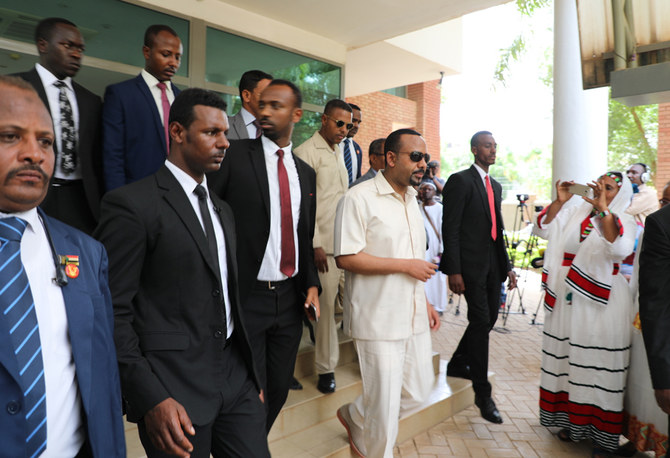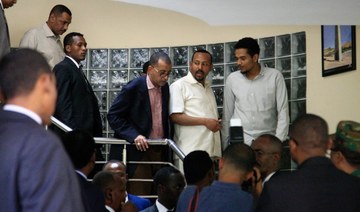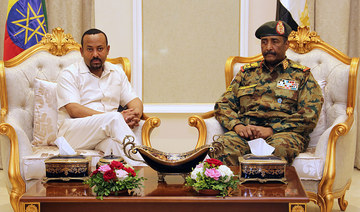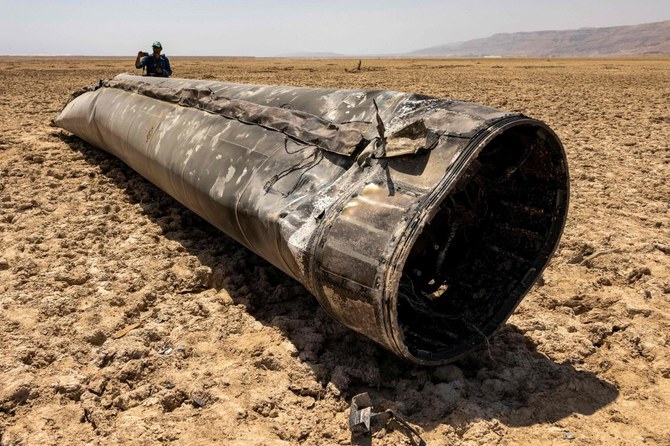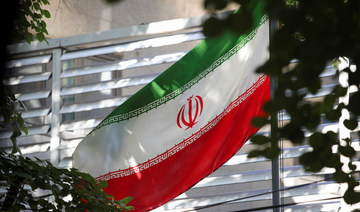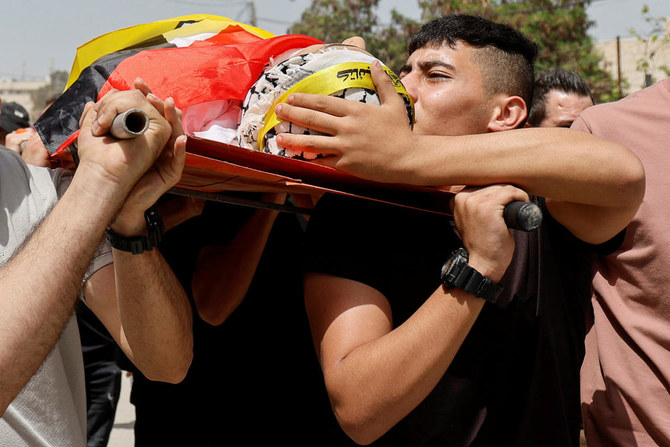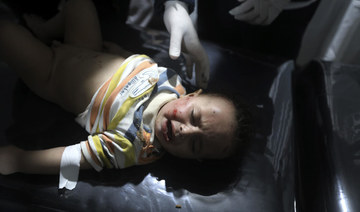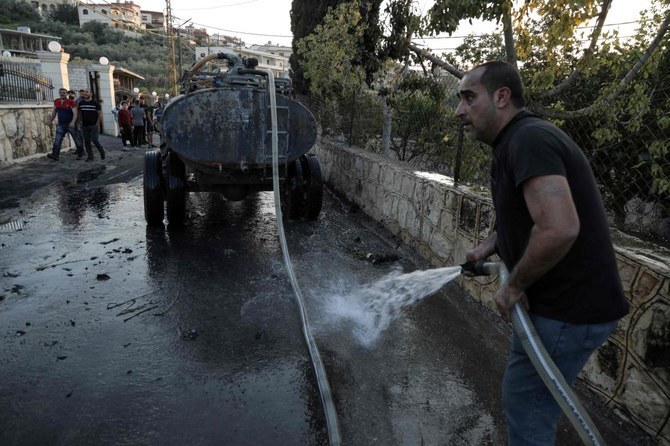KHARTOUM, Sudan: Protesters in Sudan called for a new campaign of civil disobedience on Saturday in an effort to persuade the country’s military rulers to hand over power.
“The civil disobedience movement will begin on Sunday and end only when a civilian government announces itself in power on state television,” said the Sudanese Professionals Association (SPA), the group that initiated protests that ousted President Omar Bashir in April.
The call for renewed action came after Ethiopia’s Prime Minister Abiy Ahmed met separately with the ruling generals and the protest leaders to revive talks that were almost dead after the dispersal of a sit-in outside the military’s headquarters on Monday.
The Sudan Doctors’ Central Committee, one of the protest groups, said at least 113 people had been killed and more than 500 wounded since Monday. It said more than 40 bodies have been pulled from the Nile River in Khartoum and taken away by security forces since the violence erupted.
The SPA said it accepted Ahmed as a mediator to resume negotiations with the military council but had a set of conditions before returning to the negotiating table.
Those conditions included establishing an independent internationally backed body to investigate violence since Bashir was ousted, and hold those responsible accountable.
The umbrella group also called for the release of all political prisoners and said the mediation should aim at a power transfer to a civilian-led authority.
An aide to the Ethiopian prime minister said the talks went well and that Abiy would be returning to Sudan soon. The military council welcomed Abiy’s initiative. It expressed its “openness and keenness to negotiate to reach satisfactory understandings that will lead to a national consensus ... leading to the establishment of a democratic transition.”
Two members of an armed Sudanese rebel group were arrested hours after taking part in the talks with the Ethiopian mediators.
Ismail Jallab, secretary-general of the Sudan People’s Liberation Movement-North (SPLM-N), and the group’s spokesman Mubarak Ardol, were detained early on Saturday. SPLM-N deputy head Yasir Arman had already been arrested by security services at his home in Khartoum on Wednesday.
Arman returned from exile after Bashir was ousted. He had been sentenced to death in his absence for his part in an armed rebellion against Bashir’s government that started in the Sudanese state of Blue Nile in 2011.
The SPLM-N includes many fighters who sided with South Sudanese rebels in decades of civil war that ended in a 2005 peace deal. They were left inside Sudan when that agreement paved the way to the secession of South Sudan in 2011.



